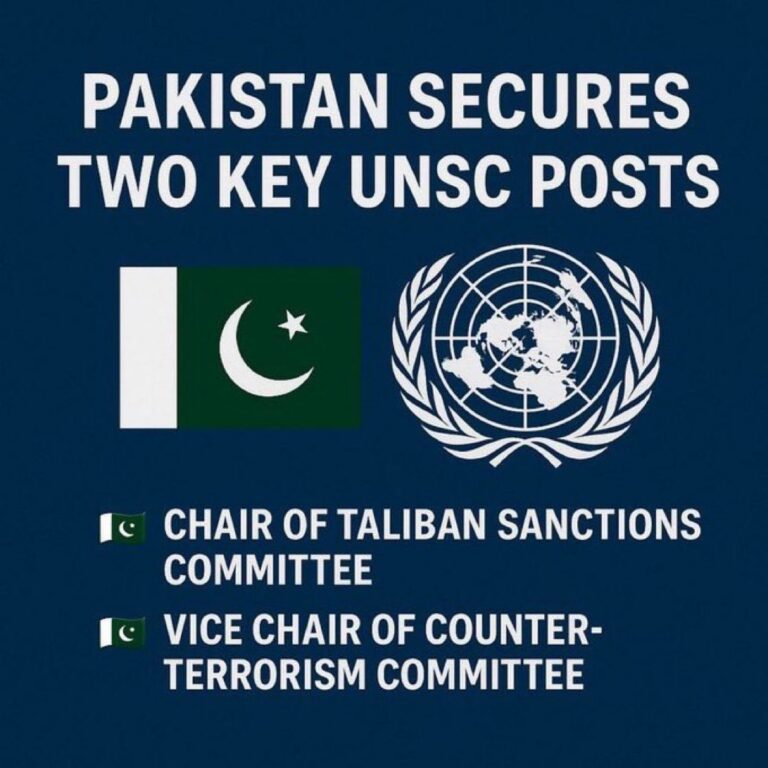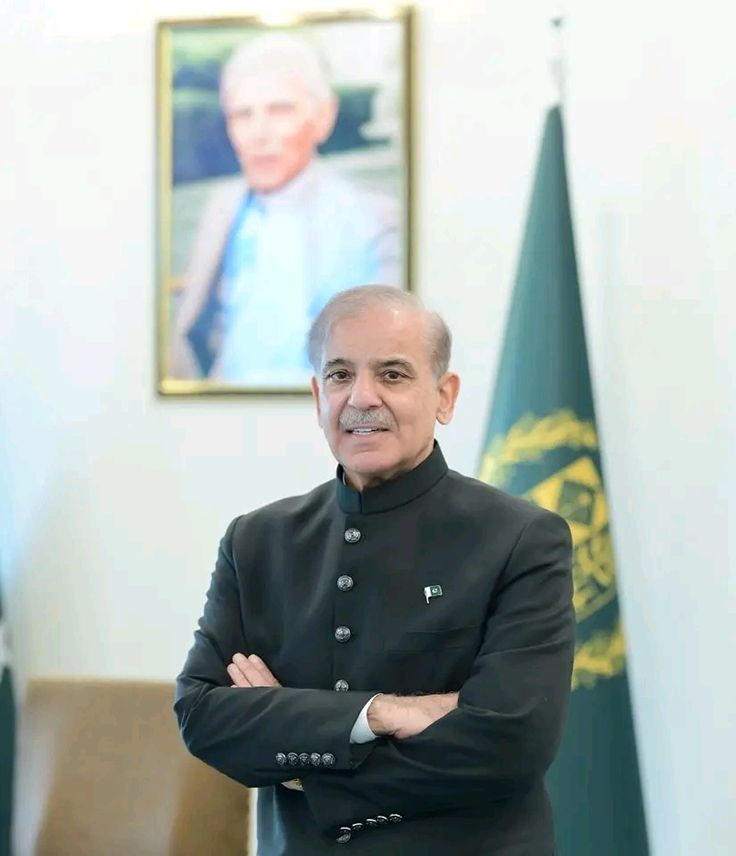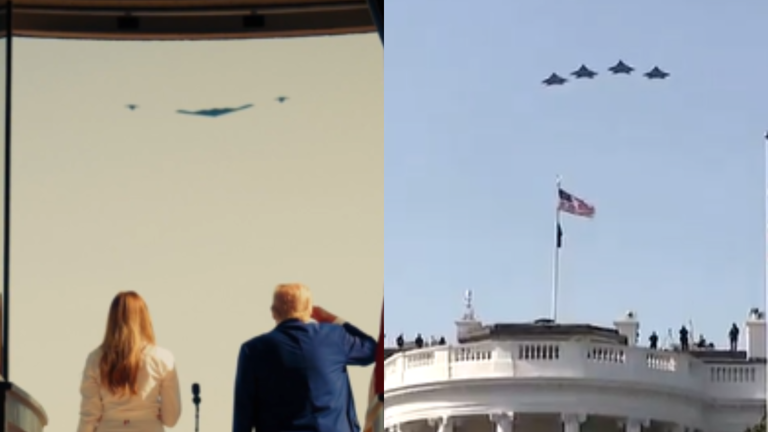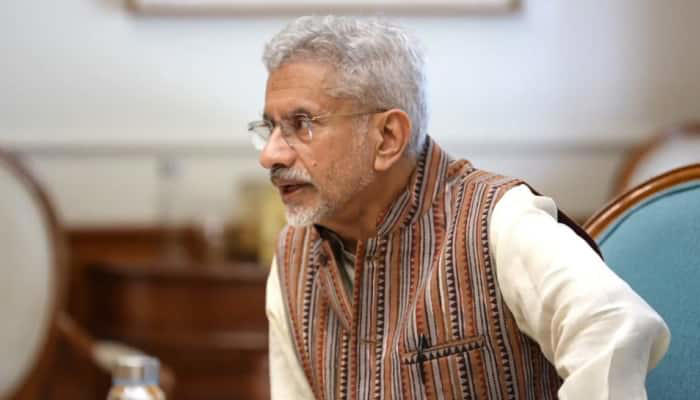Pakistan Takes Leadership Roles at UN, Sparking Concerns Over Counter-Terrorism Efforts
In a significant diplomatic development, Pakistan has secured two key appointments within the United Nations Security Council (UNSC). The country has been appointed as Chair of the UNSC Taliban Sanctions Committee and Vice-Chair of the UNSC Counter-Terrorism Committee (CTC). These roles are seen as a reflection of Pakistan’s increasing influence within global policymaking on counterterrorism and regional security. However, these appointments come with considerable implications for Pakistan’s relationship with India, which has long accused Islamabad of harboring and supporting terrorist groups. India’s concerns are amplified by Pakistan’s new leadership positions, as they offer Islamabad a platform to shape international counter-terrorism policies and exert influence over the situation in Afghanistan.

Pakistan’s Growing Influence at the UN
Pakistan’s recent appointments within the UNSC represent a significant diplomatic achievement, underscoring the country’s increasing role in global security affairs. As Chair of the Taliban Sanctions Committee and Vice-Chair of the CTC, Pakistan is set to play a pivotal role in shaping the international response to terrorism and regional instability. The Taliban Sanctions Committee, established under UNSC Resolution 1988, is tasked with overseeing sanctions such as asset freezes, travel bans, and arms embargoes on individuals and groups linked to the Taliban that threaten Afghanistan’s peace and stability. Similarly, the Counter-Terrorism Committee (CTC) monitors the implementation of Resolution 1373, a core UN initiative focused on strengthening international counter-terrorism measures.
Pakistan assumes leadership of UN sanctions committee on Taliban @ShivanChanana brings you this report by @susanmtehrani pic.twitter.com/D6j3dkInFF
— WION (@WIONews) June 5, 2025
In addition to these leadership roles, Pakistan will also serve as co-chair of two subsidiary UNSC bodies: the Informal Working Group on Documentation and the newly formed Working Group on Sanctions. These roles provide Pakistan with an even broader platform to influence UN policy and procedures, particularly around the effectiveness of sanctions regimes and the transparency of UNSC operations. However, Pakistan’s appointments come at a time of heightened scrutiny, particularly regarding its record on terrorism and its relationship with the Taliban and groups operating from its territory.
Concerns for India: Diplomatic Setback and Policy Manipulation
India has expressed significant concern about Pakistan’s rise to leadership positions within the UNSC, viewing these appointments as a diplomatic setback. Pakistan’s record on terrorism, especially its alleged support for groups like Lashkar-e-Taiba and Jaish-e-Mohammad, raises questions about the credibility of Pakistan in leading counter-terrorism initiatives. India has long accused Pakistan of harboring and supporting terrorist organizations that operate in Jammu and Kashmir and other parts of India. With Pakistan now holding influential roles within the UNSC, India worries that Pakistan may use its position to manipulate counter-terrorism policies to suit its strategic interests, particularly in Afghanistan.
As Chair of the Taliban Sanctions Committee, Pakistan could potentially influence sanctions against the Taliban and related groups, adjusting enforcement measures to benefit its own interests in Afghanistan. This raises fears that Pakistan could either tighten or loosen sanctions depending on its relationship with the Taliban, further complicating efforts to stabilize Afghanistan and counteract terrorism. Additionally, Pakistan’s influence over international counter-terrorism strategies could shift the focus away from Pakistan-based terrorist groups, undermining efforts to hold Islamabad accountable for its alleged role in supporting terrorism.
The Impact on India-Pakistan Relations and UN Counter-Terrorism Diplomacy
Pakistan’s new roles at the UN are expected to have a direct impact on the already strained India-Pakistan relationship. The UN’s Counter-Terrorism Committee, where Pakistan now holds the Vice-Chair position, was previously chaired by India. As a result, India may find it more difficult to push for strong actions against Pakistan-based groups, as Pakistan now has a seat at the table. India’s concerns about the efficacy of UN counter-terrorism efforts may be amplified, particularly if Pakistan’s actions are perceived as biased or lenient in addressing terrorist groups linked to its own territory.
India’s efforts to isolate Pakistan diplomatically on the issue of terrorism may also be undermined by Pakistan’s enhanced standing within the UN. With Pakistan holding influential positions within the UNSC, the country is likely to gain diplomatic leverage in global discussions about terrorism and regional security. This could further strain India’s attempts to rally international support for its position on issues like cross-border terrorism and the role of Pakistan in perpetuating global terrorism. Moreover, Pakistan’s strengthened role in global security forums could make it more difficult for India to advocate for stronger UN measures against terrorist groups operating from Pakistan.
Increased regional and international attention is also likely to focus on Pakistan’s conduct in these roles. If Pakistan is perceived as failing to act decisively against terrorist groups, or if it is seen as diluting sanctions to benefit its strategic interests, it could further damage Pakistan’s reputation on the international stage. The UN’s committee appointment process has already come under scrutiny, with critics questioning the wisdom of assigning leadership roles to countries with controversial records in counter-terrorism.





















